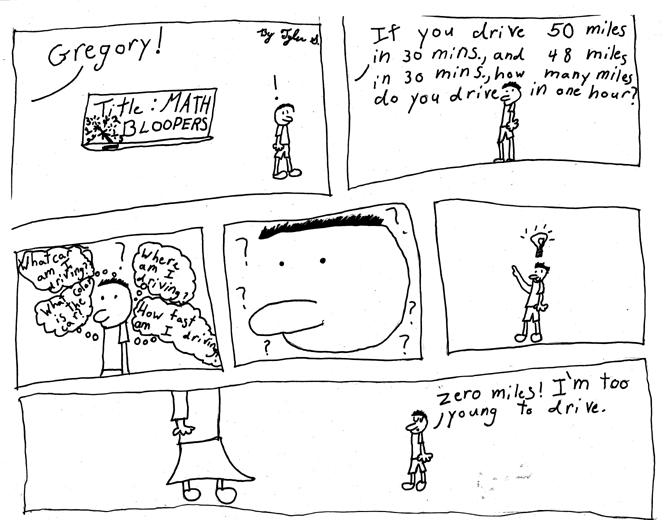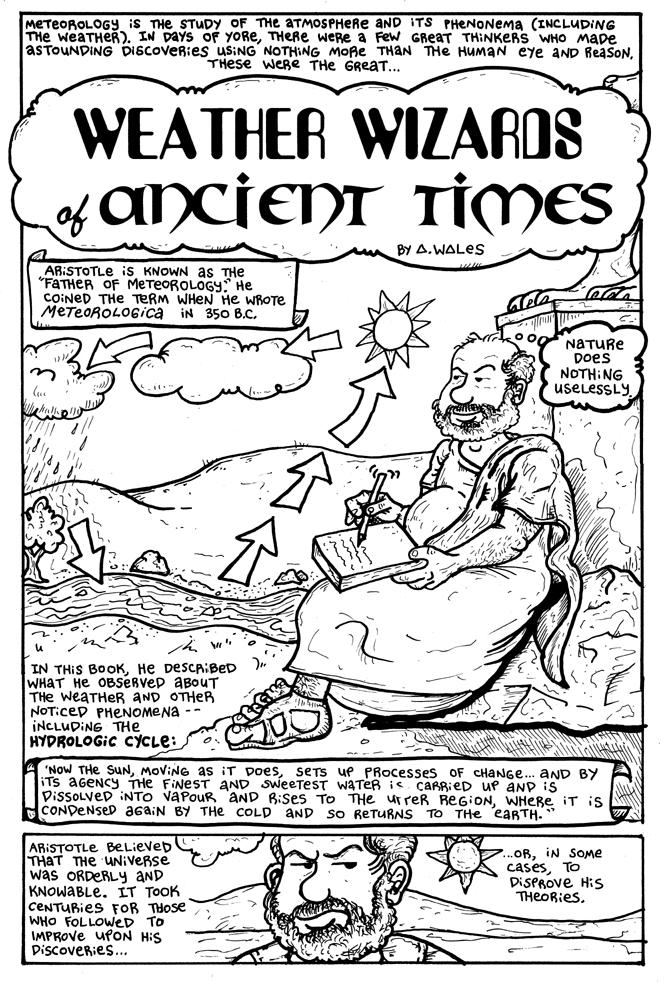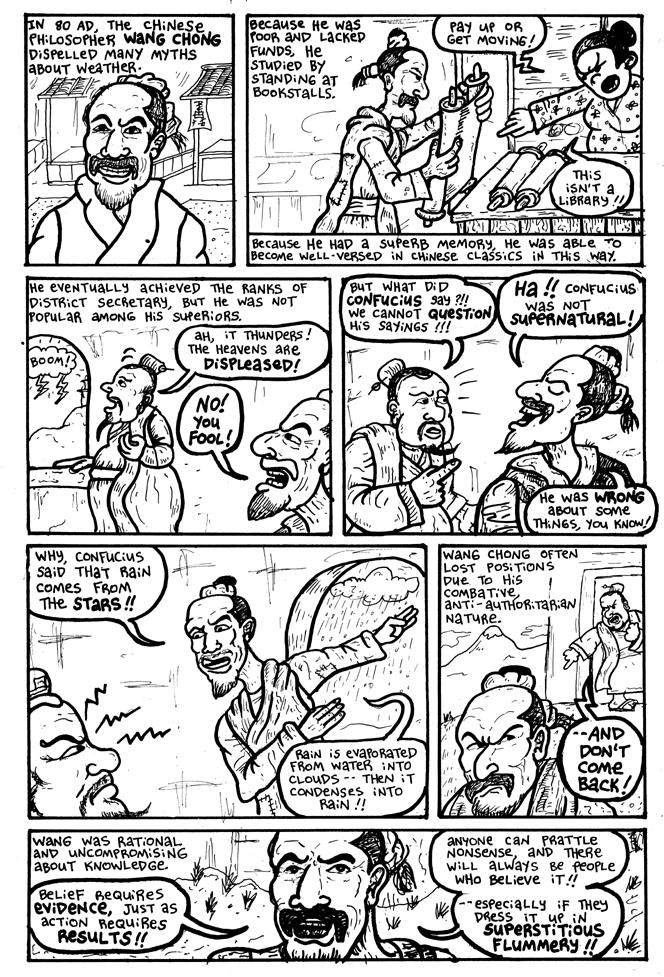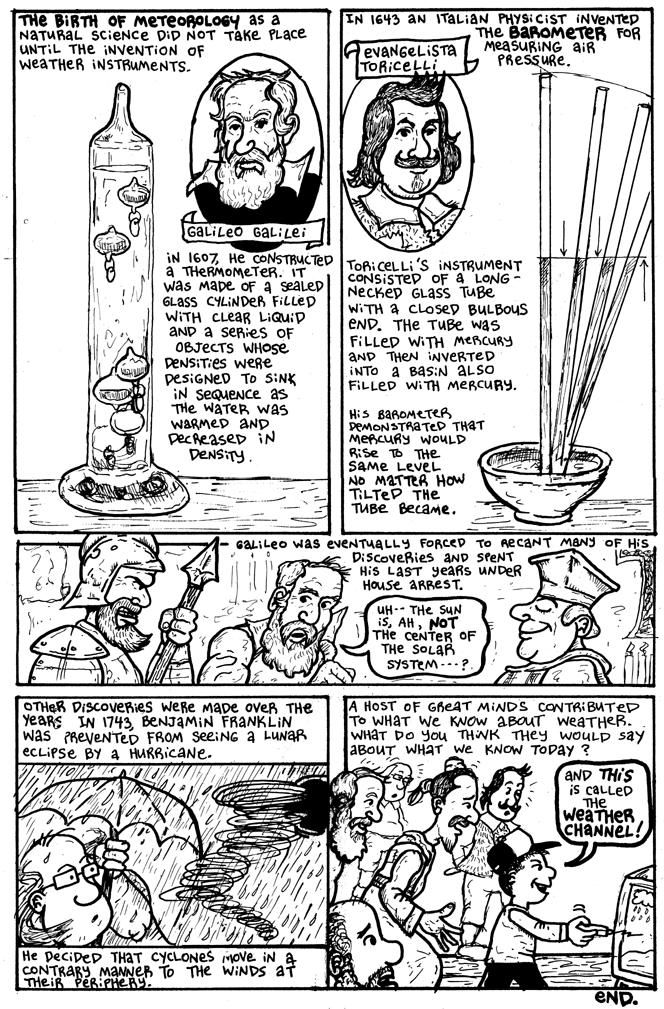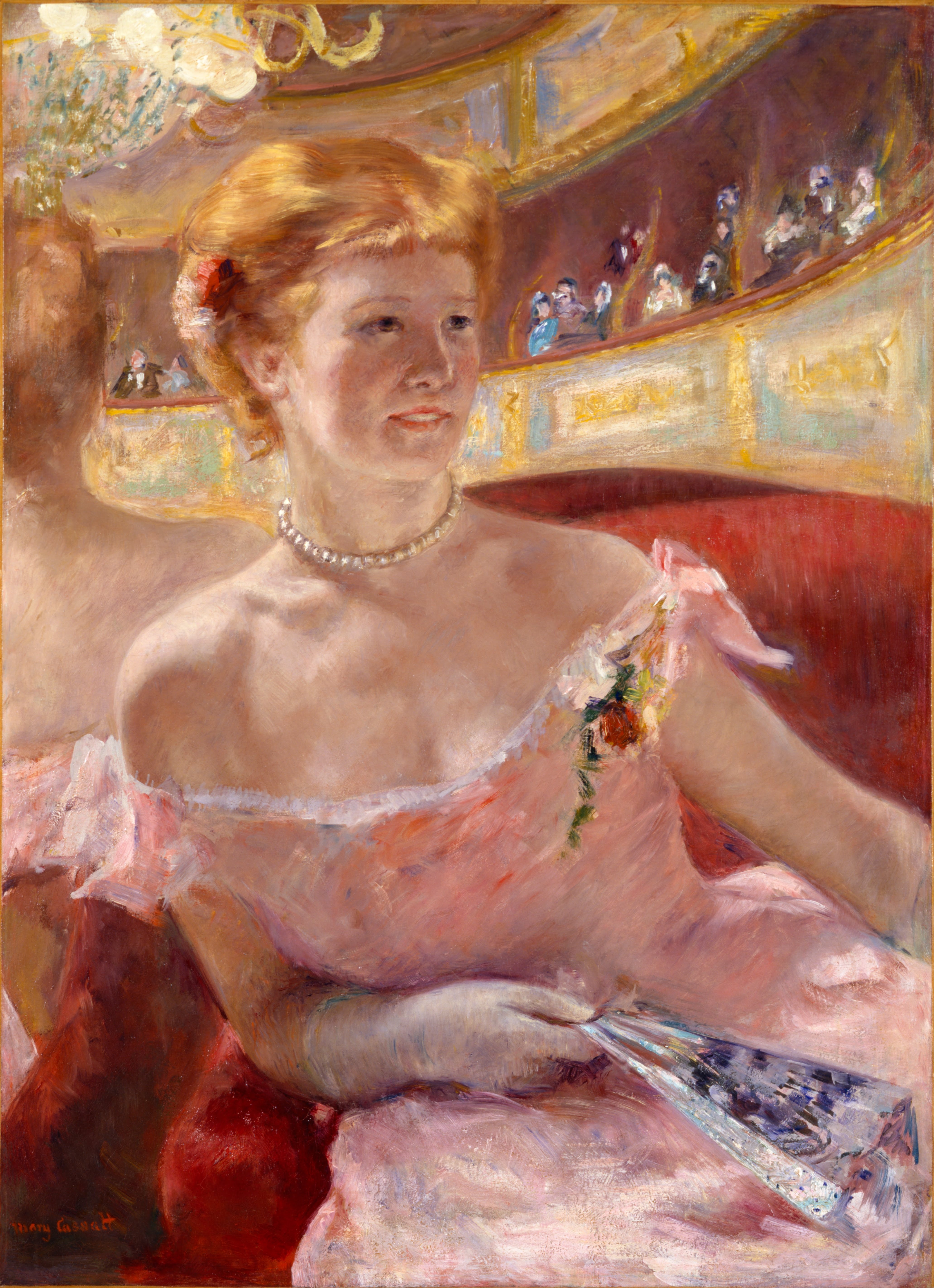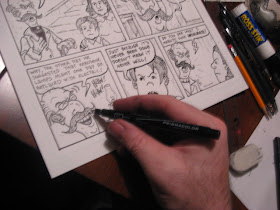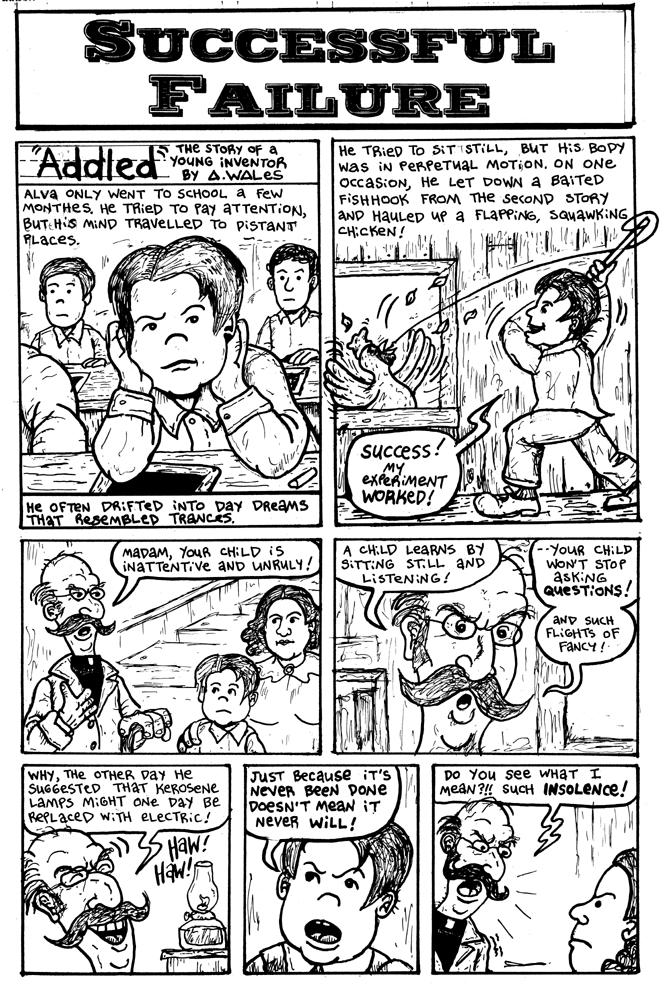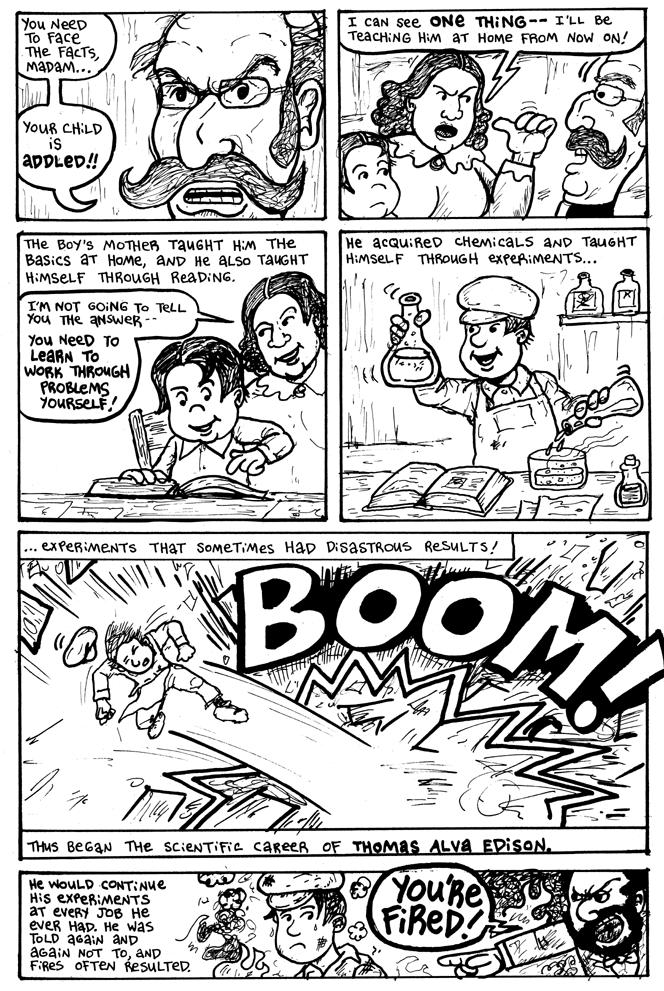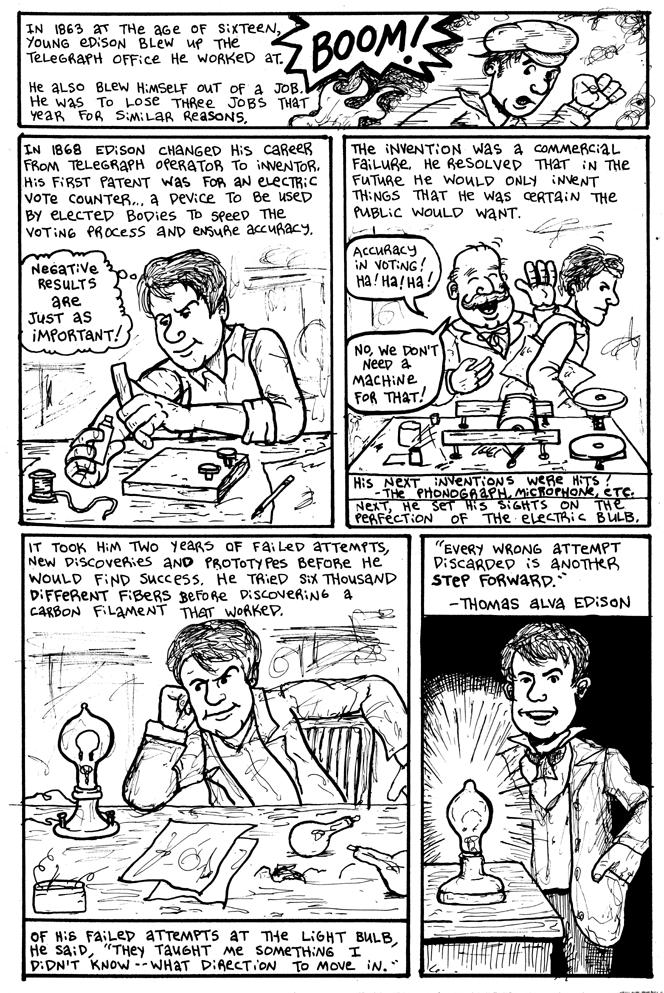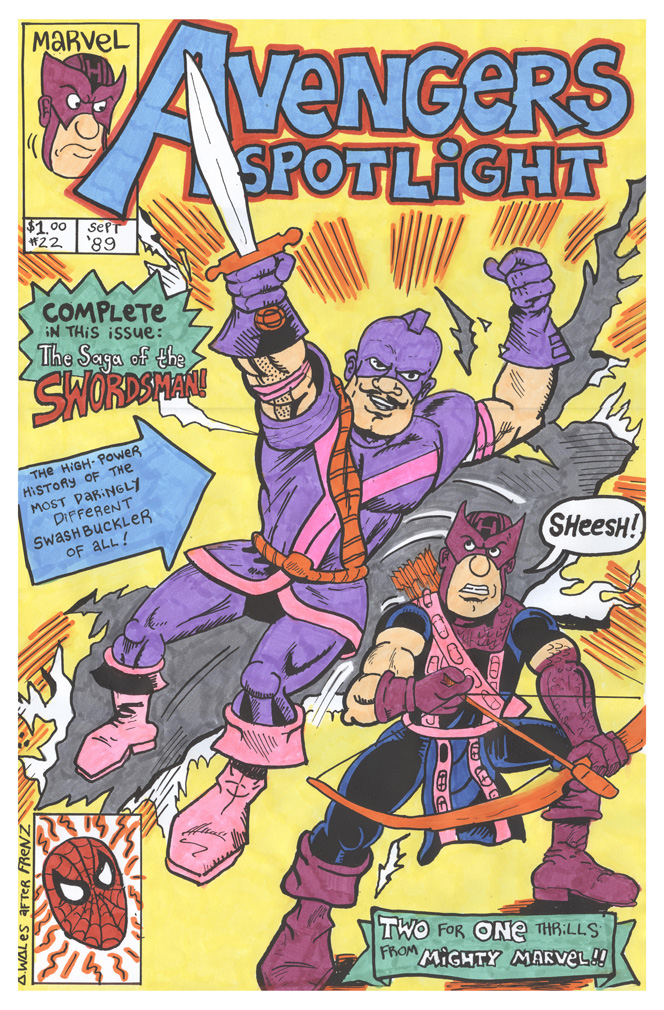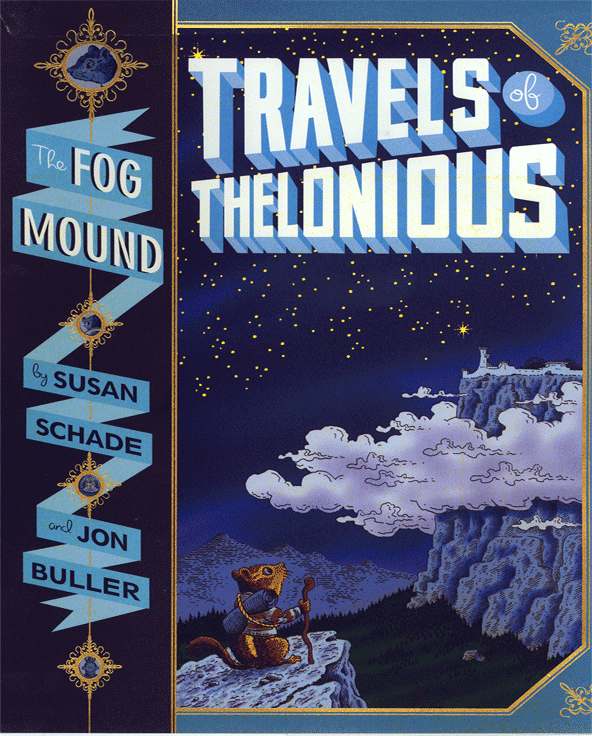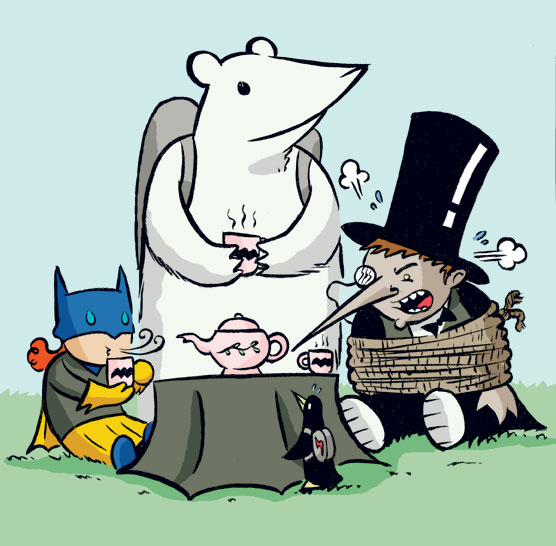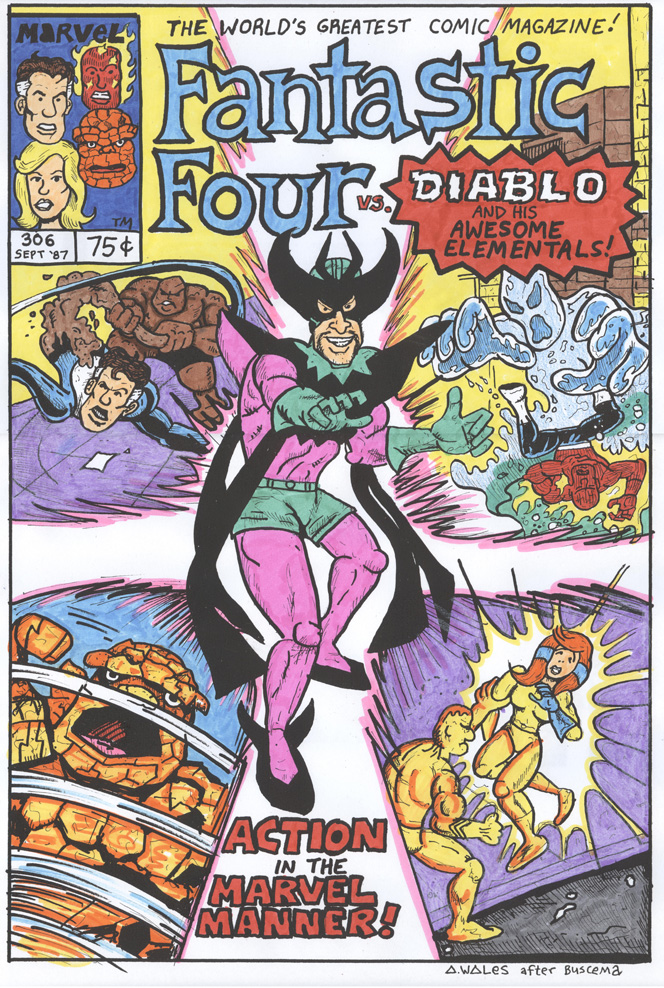Saturday was the day I was invited to speak at a workshop for librarians called
Graphic Novels: Comics in the Library. It was in Waltham, Massachusetts. I figured out that by adding just a couple hours of driving time, I could visit a place I've wanted to see --
The Center for Cartoon Studies in Vermont. It was a last minute idea and a longshot, but I emailed one of the teachers there who happens to be one of my favorite cartoonists.
Alec Longstreth graciously agreed to give me a tour of the school, and I sat in on part of one class.

The only bad thing that happened this weekend was that I forgot my camera, so the photo essay you see below is compiled by photos swiped from various sources on the internet!
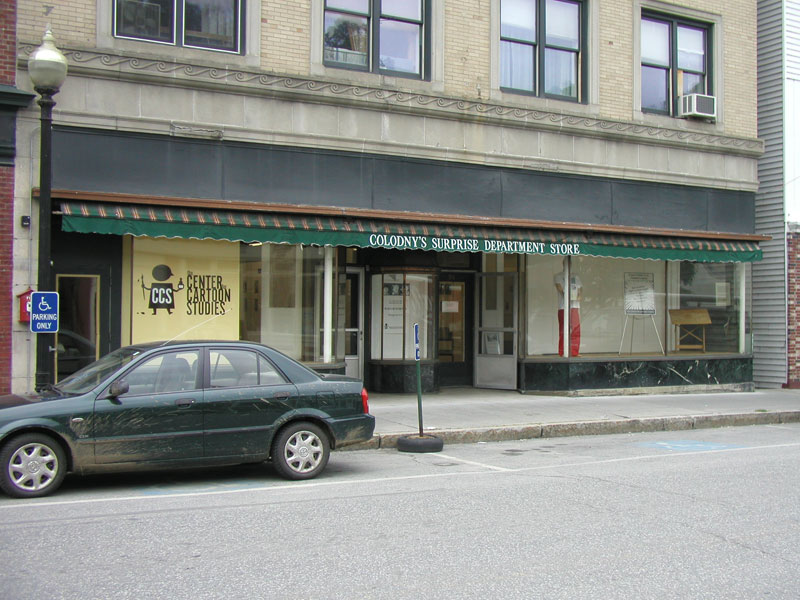
The school is a really neat place. The main building is an old department store downtown, that they have refurbished into a school. I think it's neat that they've maintained some of the characteristics from days of yore in the building, like the
Colody's sign they discovered when cleaning the place and restored. Below is the lobby, which had an exhibit of original comics art pages. This in itself was worth the trip to me. By seeing the original art page it's possible to analyze the artist's process in a way you can't when you see the work in print.


In the basement is every kind of imaginable printing equipment from electronic to silkscreen.

In a separate building is the Charles Shulz library. There the students have access to a huge collection of cartoon and comic reference books and anthologies.


Alec Longstreth was my guide. Unfortunately he wasn't teaching that day, but it was cool to meet him. He is unbelievably tall, while still being down to earth.

In my next post, I'll write a little about the actual workshop.


